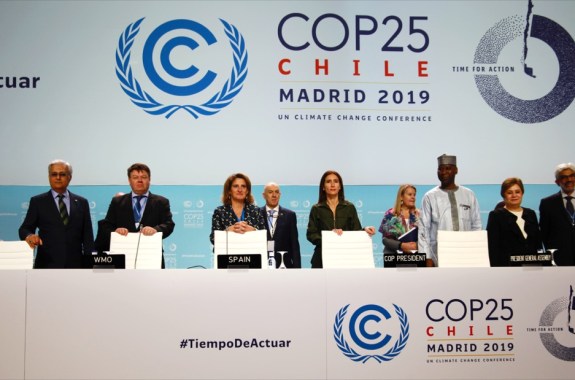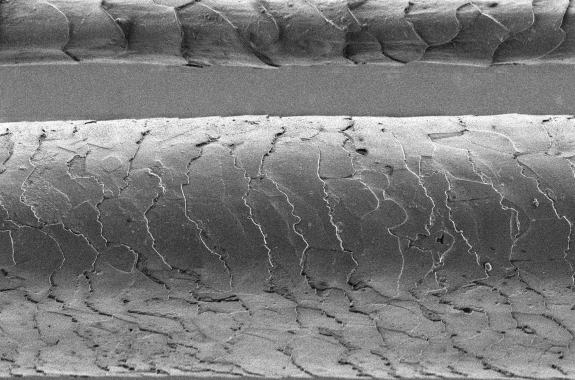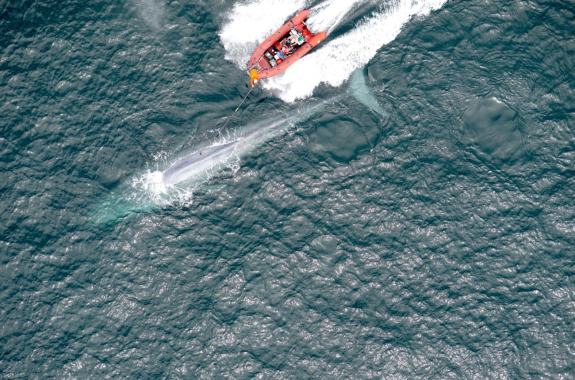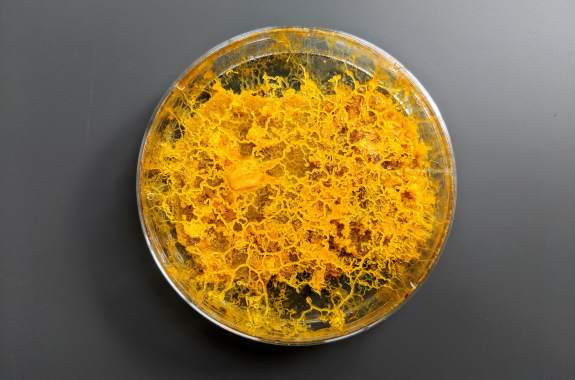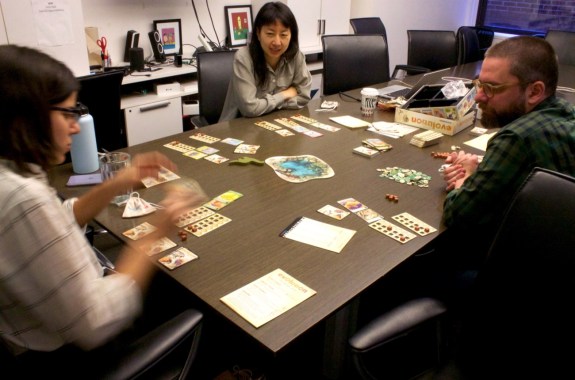Award winning science correspondent and TV journalist Ira Flatow is the host of Science Friday, heard on public radio stations across the country and distributed by WNYC Studios. He anchors the show each Friday, bringing radio and Internet listeners worldwide a lively, informative discussion on science, technology, health, space, and the environment. Ira is also founder and president of the Science Friday Initiative, a 501 (c)(3) non-profit company dedicated to creating radio, TV, and Internet projects that make science “user-friendly.”
Flatow’s interest in things scientific began in boyhood—he almost burned down his mother’s bathroom trying to recreate a biology class experiment. “I was the proverbial kid who spent hours in the basement experimenting with electronic gizmos, and then entering them in high school science fairs,” Flatow says. Mixing his passion for science with a tendency toward being a bit of a ham, Flatow describes his work as the challenge “to make science and technology a topic for discussion around the dinner table.”
He has shared that enthusiasm with public radio listeners for more than 35 years. As a reporter and then news director at WBFO-FM/Buffalo, New York, Flatow began reporting at the station while studying for his engineering degree at State University of New York in Buffalo. As NPR’s science correspondent from 1971 to 1986, Flatow found himself reporting from the Kennedy Space Center, Three Mile Island, Antarctica, and the South Pole. In one memorable NPR report, Flatow took former All Things Considered host Susan Stamberg into a closet to crunch Wint-O-Green Lifesavers, proving they spark in the dark.
His most recent book is entitled Present At The Future: From Evolution to Nanotechnology, Candid and Controversial Conversations On Science and Nature (HarperCollins).
On television, Flatow has discussed the latest cutting edge science stories on a variety of programs. He also hosted the four-part PBS series Big Ideas, produced by WNET in New York. His numerous TV credits include six years as host and writer for the Emmy award-winning Newton’s Apple on PBS, science reporter for CBS This Morning, and cable’s CNBC. He wrote, produced, and hosted Transistorized!, an hour-long documentary about the history of the transistor, which aired on PBS. He has talked science on many TV talk shows including Merv Griffin, Today, Charlie Rose, and Oprah. He has co-starred twice on the CBS hit series The Big Bang Theory.
On the Internet, Flatow has hosted numerous science-related web casts for Discovery Online, The Great Planet Debate, and the American Museum of Natural History in New York.
In print, Ira has authored articles for various magazines ranging from Woman’s Day to ESPN Magazine to American Lawyer. His commentary has appeared in The Los Angeles Times, and Current newspapers. Public speaking and moderating discussions are a regular part of his schedule. He has spoken at Rockefeller University, the World Economic Forum, Sun Microsystems, Hewlett Packard, Calvin Academy, Cal Tech, MIT, Harvard, University of Wisconsin, OSHU, National Inventor’s Hall of Fame, and the Kentucky Author Forum. In 2004, Ira was resident scholar at Woods Hole Oceanographic Institute. His recent honors include: the Isaac Asimov Award (2012,) the Nierenberg Prize (2010), Connecticut Academy of Science and Engineering, membership (2008), National Science Teachers Association Faraday Science Communicator Award (2007), the National Science Board Public Service Award (2005), World Economic Forum Media Fellowship (2005), AAAS Journalism award (2000), Brady Washburn Award (2000), and the Carl Sagan Award (1999). Ira is member of the National Association of Science Writers, AFTRA, and Screen Actors Guild. His hobbies include tennis, golf, gardening (especially orchids), and electronic gadgets. He loves the theater. A native of New York, Flatow now lives in Connecticut.
12:02
Climate Justice Takes Center Stage In Madrid
Industrialized countries, whose fossil fuel burning warmed the globe, don’t want to pay up to help developing nations deal with the fallout.
11:56
Combing Over What Makes Hair So Strong
Researchers studied human, javelina and bear hair to find out what makes hair so strong.
16:54
Why Diabetes Patients Are Getting Insulin From Facebook
Due to high costs and other barriers, patients are turning to each other online to share and exchange insulin.
16:32
How Whales Got Whale-Sized
New research seeks to find out why whales are so big by calculating the delicate balance between food, energy, and size.
32:20
Staying Green, From Point A To B
How could new policies and technologies make getting around more eco-friendly?
7:33
Underwater Soundtrack Hooks Fish
Scientists lured marine life back to degraded coral reefs by putting on a soundtrack of the clicks and pops of a healthy reef.
4:44
Plastic, Plastic, Everywhere
A report finds that recycling rates in Oregon are in decline, due in part to increased use of non-recyclable plastics.
17:24
The Parker Solar Probe Gives Us A New Glimpse Of The Sun
First data from the mission shines light on the mysteries of the star at the center of our solar system.
17:07
The Most Charismatic Single Cell You’ll Meet Today
Welcome to the Charismatic Creature Corner, a new segment where creatures big and small vie for the coveted charisma crown. Our first contender: the curiously clever slime mold
16:47
Rolling Out The Best Science Board Games
A look at science board games that let you strategize how to terraform Mars, build subatomic particles, and create a bird preserve.
